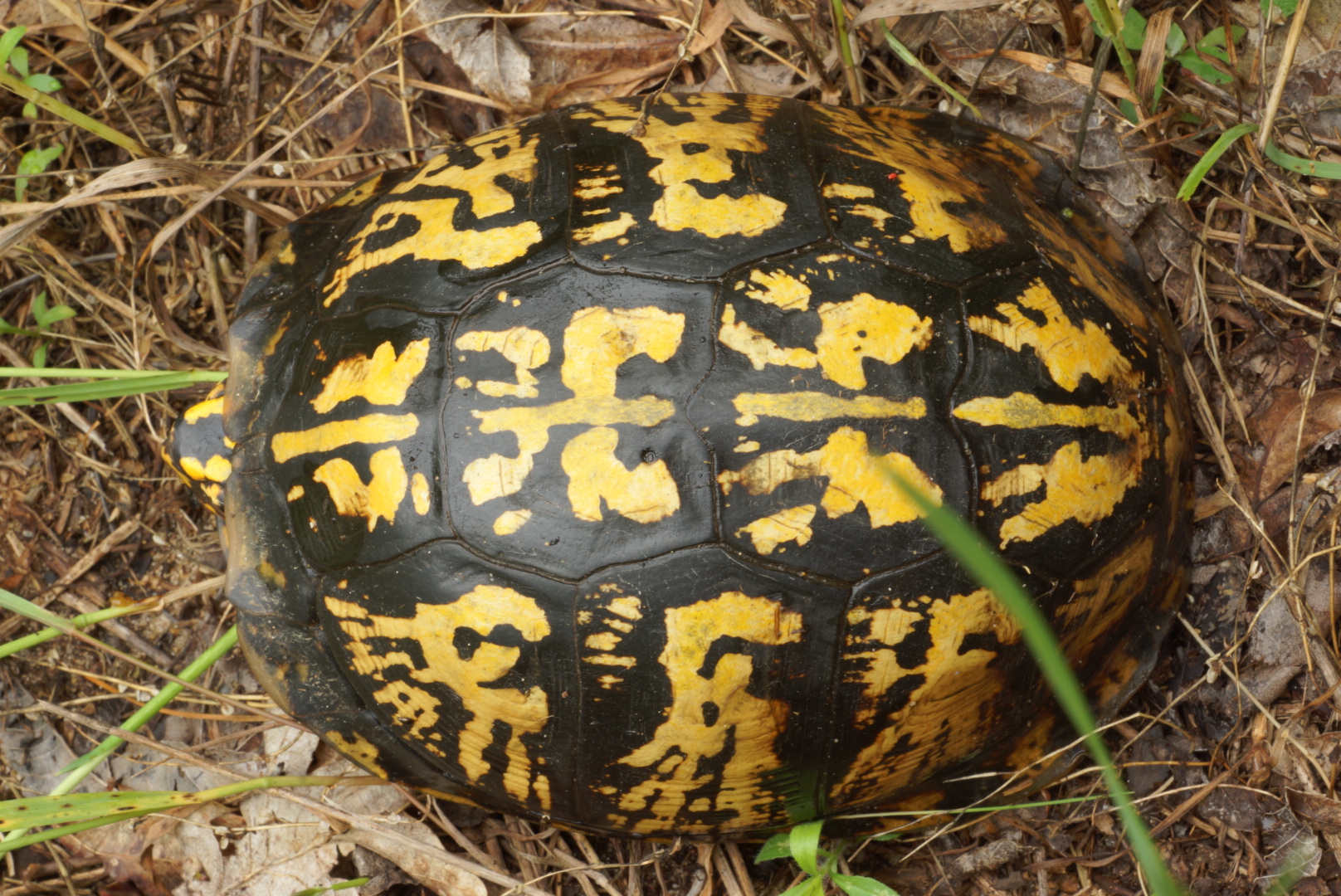



Northern pin oak represents a widely distributed North American oak found growing in a dry sandy soils. Similar to red oak in many ways, this species is known for its nice red fall color and strong open vase or globe shaped crown. At my farm, I began growing the tree for its fall color and as a replacement for the sensitive and sometimes chlorotic pin oak. I was able to purchase a lot of acorns from a dealer out east. I kept three trees that showed the greatest vigor and leaf health. Since then the trees have sporadically fruited carpeting the ground with acorns in good years. This is a tree that takes two years from pollination to set and mature acorns. Currently they have been in a lull due to late frosts. I am always for a good crop. The acorns are smaller than red oak but larger than scarlet or pin oak acorns. The bark is smooth and the branches tend to drop as they mature. It is an easy tree to limb up and the tree callouses very quickly after pruning. To me this is a good sign of a street tree. Definitely a better choice than pin oak as it does not have that dense lateral branching that pin oak has.
Because of its fast growth and ability to grow in dry soils, this species would be a good addition to the red oak family outside of Quercus rubra and Quercus coccinea. The wood is good as well and the acorns although super bitter are a favorite for wildlife. The area I have my trees in is frequently by white tailed deer and they eat them daily as they drop. Black, red and fox squirrels are also highly voracious feeders of the acorns. This was a good oak to establish and would likely make a good ornamental tree as well as a tree to plant for its wood.
Note: When I was buying acorns for this species, there appears to be some confusion with this oak versus scarlet oak. There is some issue with the acorns I got twice from different vendors. I know some botanists believe they are closely related. On the other hand, the seedlings that are fruiting at my farm seem to match the Hills oak better than the other scarlet oaks I grew from seed which showed greater fall color and smaller acorns. This seed strain is not related to the pin oak and is not just a northern form of pin oak. The other common name is Hills Oak.
| Plant Specs |
| Genus & Species |
Quercus ellipsoidalis |
